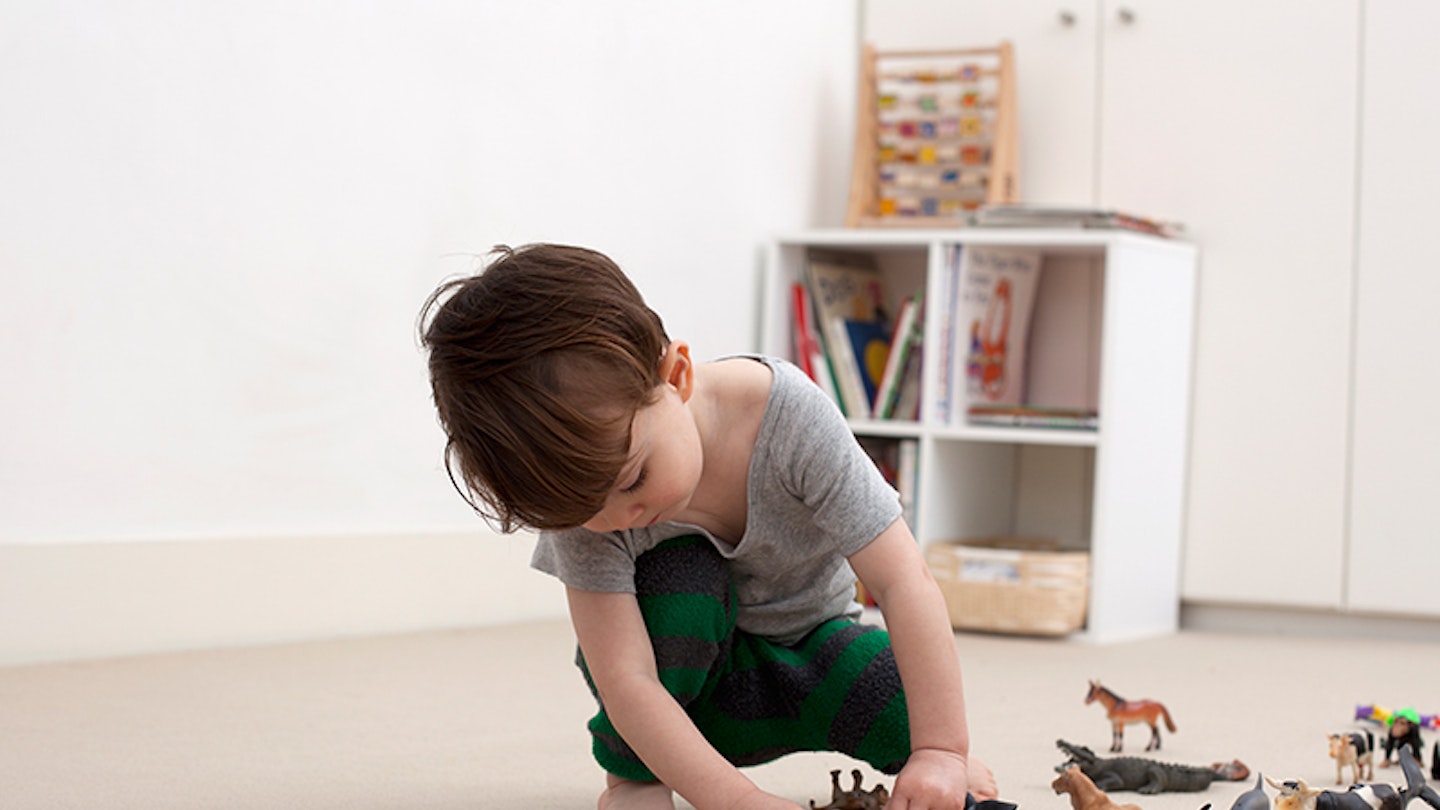Receiving a diagnosis of any sort for your child is always concerning, but when it comes to autism, it's normal for us to feel lost and unsure of what this means for our child's future. If you're currently going through a diagnosis with your child, here's one mum's recollection of how she felt when her child was diagnosed with autism.
"When my chatty, cuddly, three-year-old son was diagnosed with autism, I was outwardly prepared, but privately stunned."
"I had only been seriously worried about his language development – which was advanced in some areas, but behind in others - for six months. My son developed normally until around two and a half, apart from being a very early talker, which (ironically) I took as a sign I could relax about conditions like autism. He had been a restless, book-obsessed baby, but no more demanding than others in my NCT group.
"So the day he was diagnosed, swiftly and unambiguously, it felt as if my life had spun 180 degrees. My husband and I went from thinking of ourselves as ‘normal’ parents to being responsible for a disabled child. This is just my experience – you might have had suspicions since birth that something was ‘different’ about your baby, or you might feel relieved to have a label and answers. Whatever your circumstances, though, it’s likely to be a challenging time."
13 things I wish someone had told me on diagnosis day:
Autism Diagnosis
 1 of 13
1 of 131) Slow down
People talk a lot about the importance of early intervention. There’s truth in it, but if you need a fortnight to breathe and get your head round your new reality this isn’t likely to make a long term difference. So don’t panic just because you haven’t instigated twenty different types of therapy, the day after diagnosis.
 2 of 13
2 of 132) Be pro-active, but let yourself grieve
When my son was diagnosed, I acknowledged and voiced my sense of loss. But each time I heard ‘He’s still the same little boy,’ I felt more disloyal, like I was betraying my son by expressing sadness. So I stopped, and coped instead by learning all I could about autism, and throwing myself into his therapy.
Nearly two years later, a counsellor encouraged me not just to voice my grief, but to cry. After braving the pain, I did feel lighter and oddly not sad any more. So I would encourage you to go to that dark, painful place, if you need to, and to know that your sadness is not a reflection of your love for your child.
 3 of 13
3 of 133) People aren’t as judgemental as you might fear
I was braced for critical stares on buses, or feeling ostracised at the school gates, but I was wrong. Everyone I’ve told about my son’s autism has been understanding – and you’d be surprised how many people already know an autistic child or adult. I haven’t felt judged by strangers, either, though I do recommend a “Please Offer Me A Seat” badge on public transport. Not for the seat, but because it takes the pressure off if there’s a meltdown.
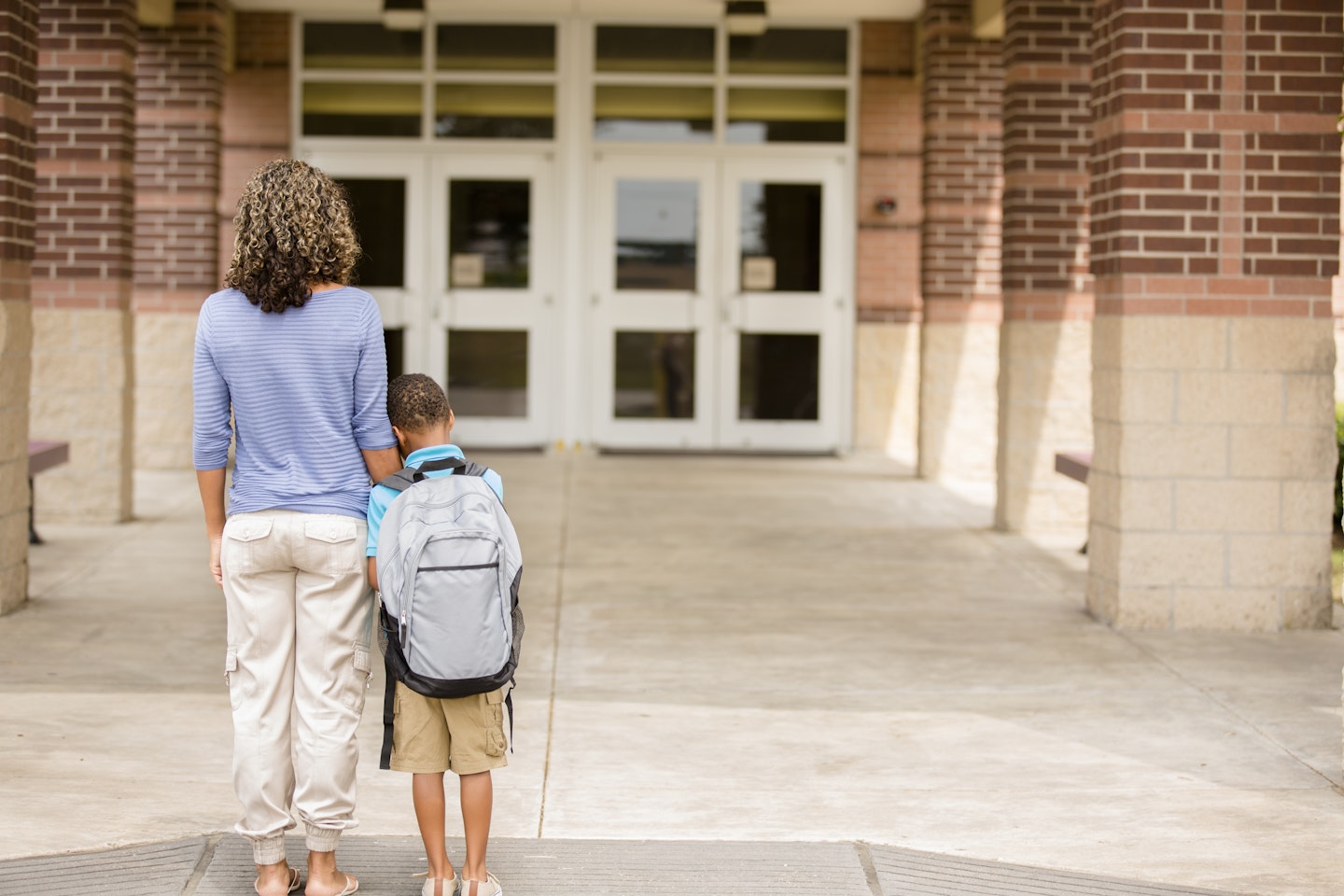 4 of 13
4 of 134) Know that acceptance isn’t linear
Eighteen months after my son’s diagnosis I thought I had ‘come to terms with it’. Then he started primary school and it was like going back to square one. I saw mothers sharing their child’s excitement and lamenting how ‘grown up’ their baby seemed. None of those feelings were accessible to me, and it brought back the sense of loss I’d felt so keenly the year before. It did pass, but at least I’m now braced for future setbacks.
 5 of 13
5 of 135) Meet other parents with an autistic child
I found this hard at first. Hearing someone else talk about their autistic child was like watching a mirror speak, and not in a comforting way. But now I love talking to other mothers in my position, it makes me feel less ‘different’ and isolated. Many councils run group courses for parents, called Early Bird, which are a great way to meet other families in the same boat.
 6 of 13
6 of 136) Be a parent, not a tutor
In theory, you should practise all the communication and behavioural exercises that professionals recommend at home. But I went overboard with this and it put a strain on everyone. Be your child’s mother first. They need a mum more than they need a new set of speech and language targets.
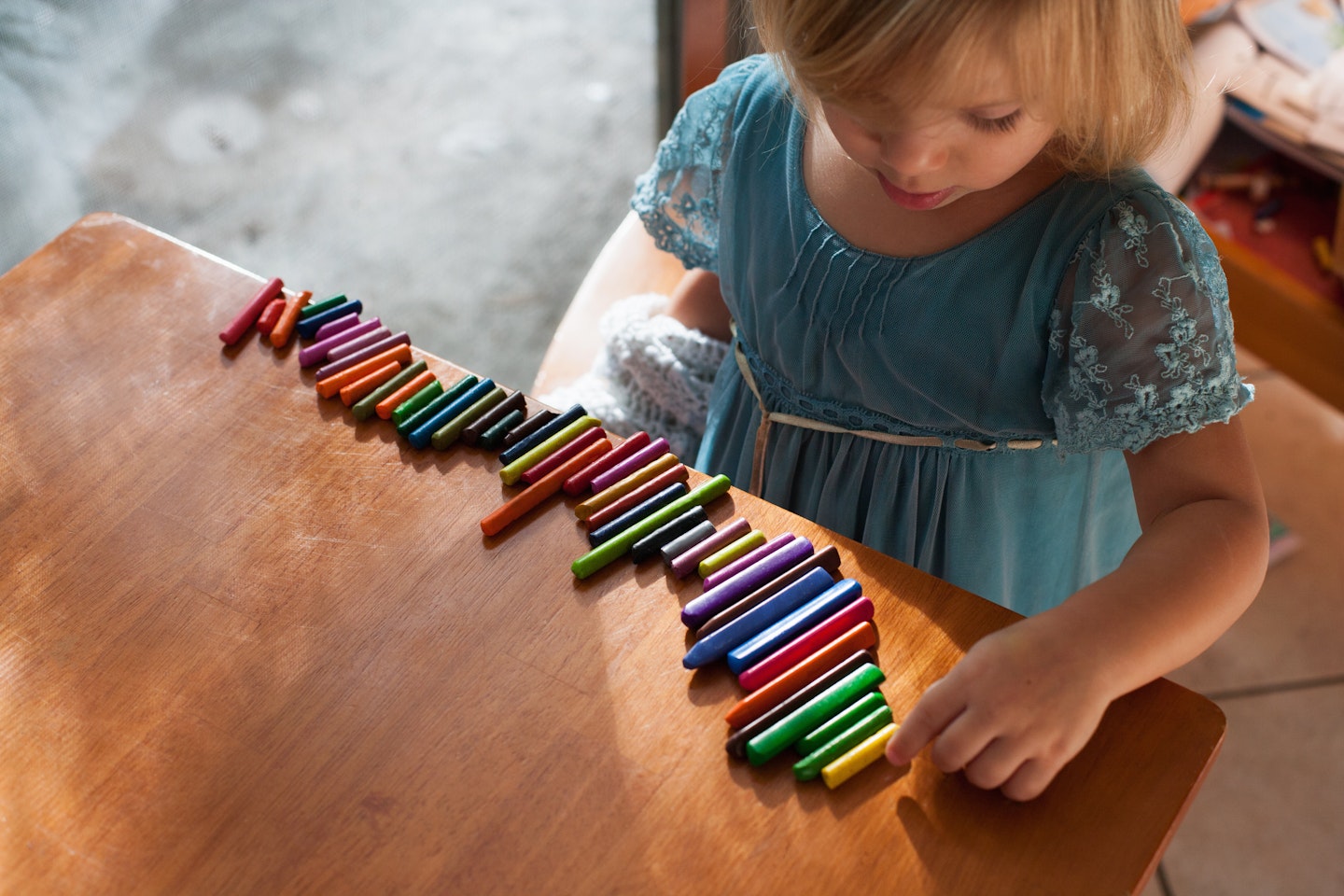 7 of 13
7 of 137) Don’t try to change your child
There’s a fine line between wanting to help your child navigate the non-autistic world … and making them feel somehow wrong or inadequate. Let them do what they need to do to relax (sometimes called stimming), even if you’re worried it makes them stand out. If you try to suppress it, it will manifest in some other way - I speak from experience! Autism can’t be ‘cured’, and nor should it be. It’s society that needs to change.
 8 of 13
8 of 138) Prepare to adjust your communication
If your child is non-verbal, this is pretty self-explanatory. But many children with autism do speak - it’s just that they need longer to understand what other people say. I had to learn to ask my son questions more slowly and clearly, and to stop myself paraphrasing if he didn’t seem to get it first time. I know, now, that it just takes him a second longer to process what I’ve said.
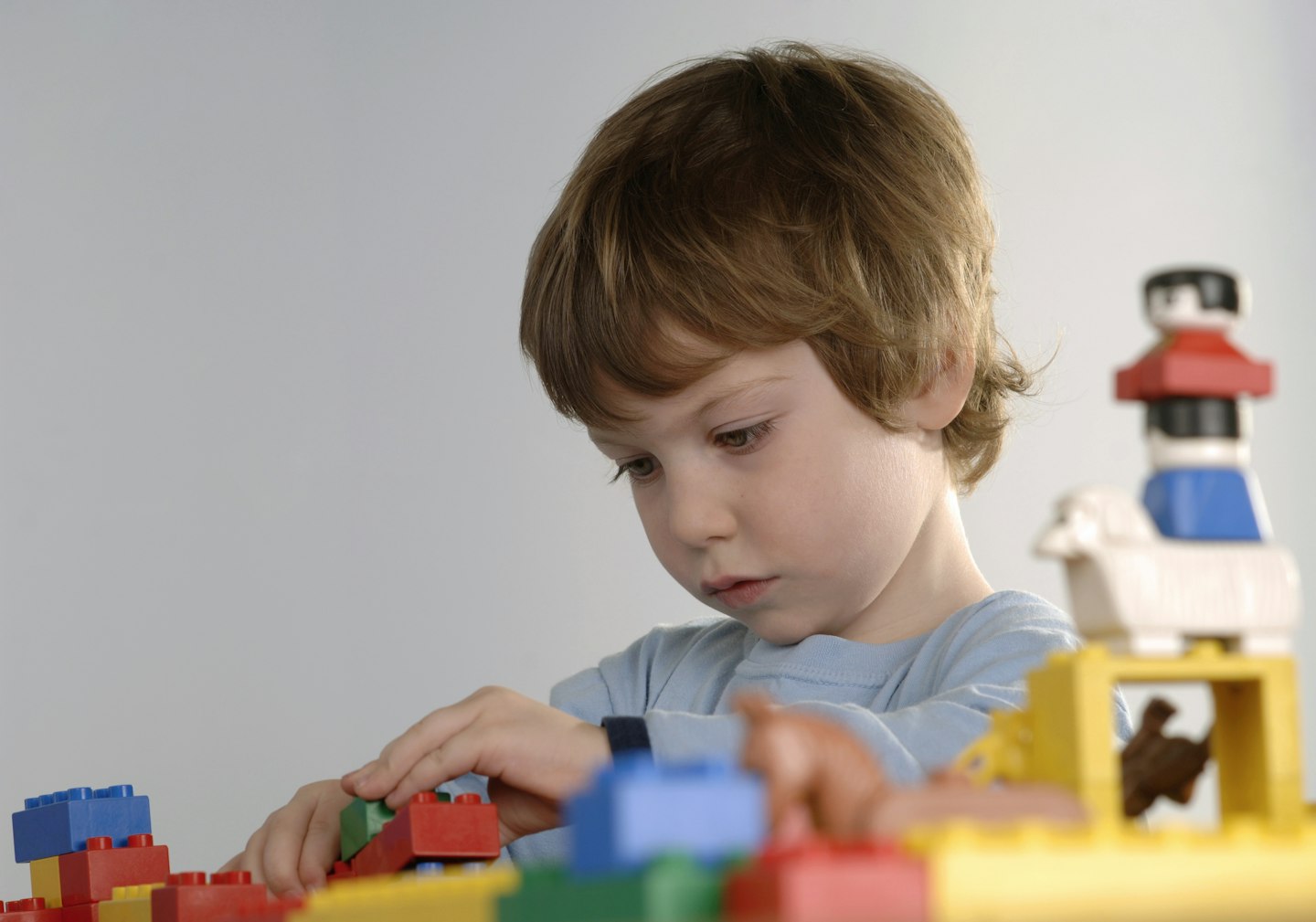 9 of 13
9 of 139) Figure out what motivates your child
Unlike ‘neurotypical children’ autistic kids are rarely motivated by praise, a desire to please or a desire to make progress. So you need to find what does motivate them. Some are obsessed with Lego, others with Paw Patrol. For my son it’s Elmer The Elephant, and I constantly take advantage of this fixation to engage him in activities he would otherwise refuse to do, or as the basis of bribes. Or ‘rewards’, as therapists call them.
 10 of 13
10 of 1310) Abnormal isn’t unhappy
Soon after my son was diagnosed, with typically bad timing, we had to move house. I remember viewing a lovely family home, full of smiling holiday photos, music certificates and football trophies. I walked around with a lump in my throat thinking: ‘This is off the table, now. We’ll never be happy like this family.’ But I was wrong. A happy family isn’t built on perfect photos, achievements or social status. It’s built on unconditional love, and you still have that to give in bucket loads.
 11 of 13
11 of 1311) Find a way to manage uncertainty
The first thing everyone wants to know when their child is diagnosed is ‘Where does my child sit on the spectrum? What will their future hold?’ But not only are professionals loath to make predictions, they don’t even view autism as a linear spectrum. In other words, you are going to be managing huge uncertainty for many years, and that’s daunting.
Some parents advise meditation and mindfulness, to try and keep their brain in the present. Others make it a mantra to ‘take one day at a time’. Personally, I’ve chosen to think: ‘I’m going to act positive and assume my son will be OK, because it’s not healthy for him to live with an anxious, pessimistic mother.’
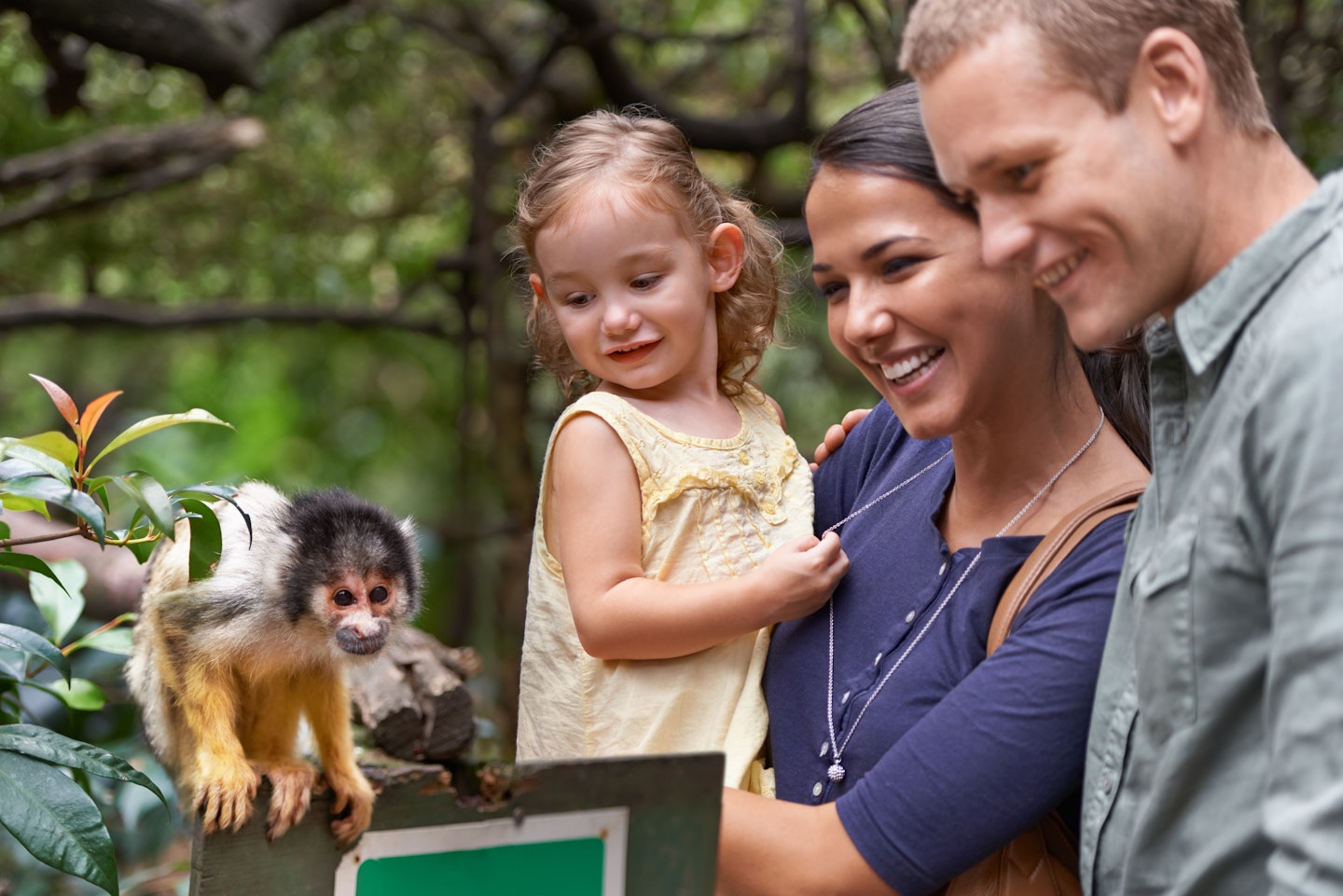 12 of 13
12 of 1312) There are many little perks…
Among them – skipping the queue in airports, getting discounts at the Zoo, seeing the world through a new and intriguing lens, blaming your child when you want to leave a family occasion early…. Apply for a National Disabled Identity Card for your child - it’s the easiest, most widely recognised way to access discounts.
 13 of 13
13 of 1313) And one huge perk
I’ve spoken to many parents of autistic children since my son was diagnosed, and one thing always comes up. Their child’s autism has unlocked wells of humanity and tolerance in them – wells that might have otherwise remained untapped. Right now, it might be hard to imagine feeling grateful again, or seeing yourself as lucky. But one day, sooner than you think, I’m certain you will discover those wells, too.
Popular articles to read next
Christine McGuinness: “I feel very, very fortunate to have my children in my life. They’re amazing”
Clever children’s books that promote the understanding of Autism
